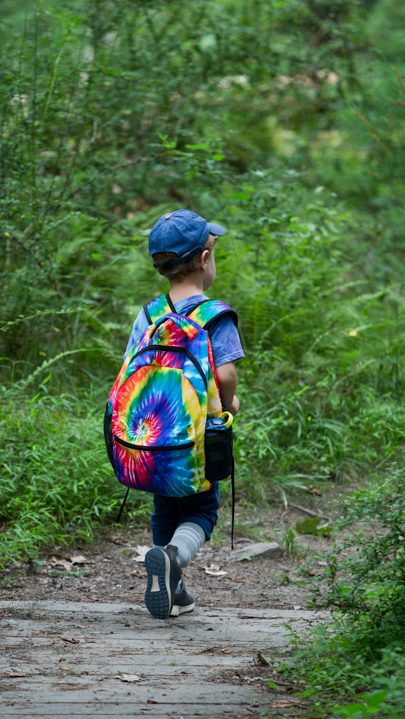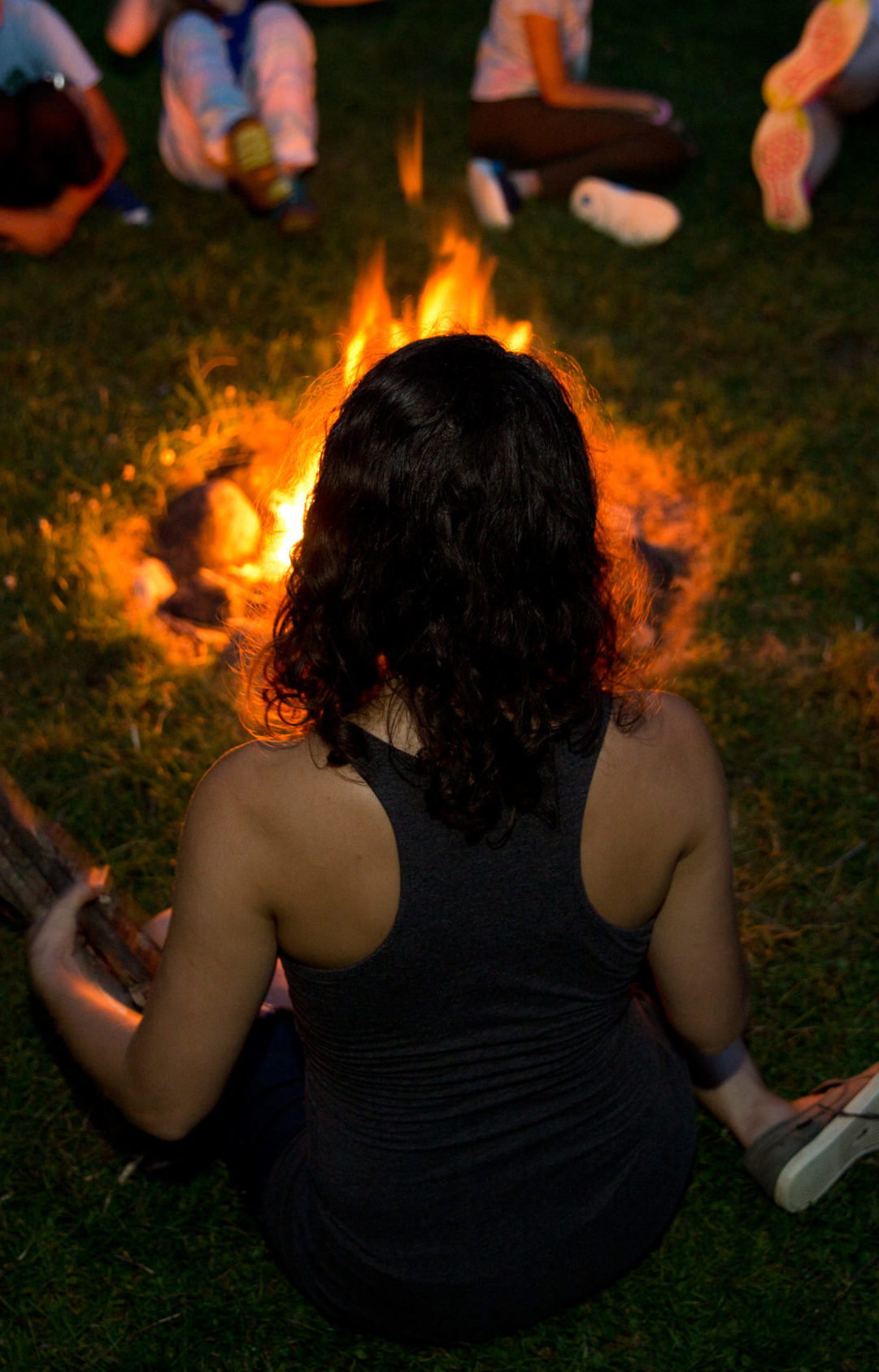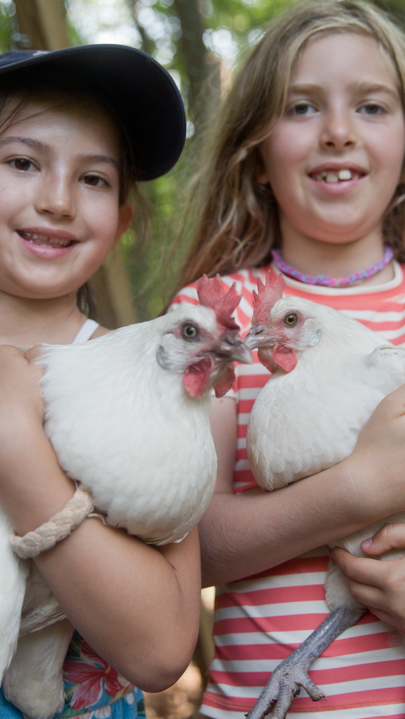Jerusalem Artichokes
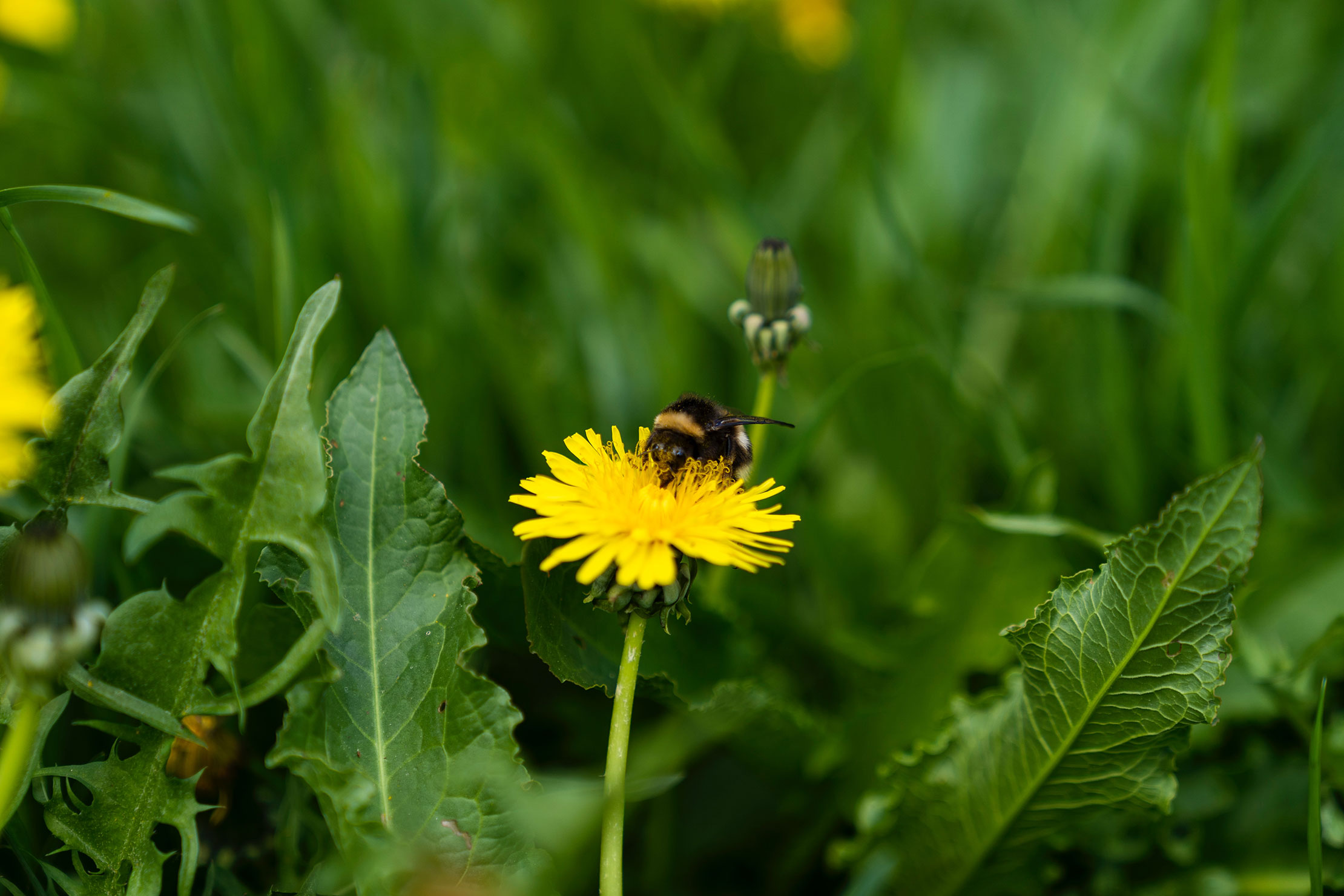
Several years ago we planted some Jerusalem artichoke (sun choke) tubers in our garden. Since then, every fall we dig up dozens of tubers. Regardless of how many we remove they return every year, and have spread all throughout the area.

They can be prepared much like other root vegetables, but unfortunately most methods of preparation result in the same problem, farts! These tasty tubers are high in inulin, a sweet fiber that ferments inside us, and creates gas. Consequently, like so many others before us, we had all but given up eating these delicious tubers, as the joy of eating them was outweighed by the repercussions. However, we have since discovered two methods of preparing them that removes the gas problem.

A couple of years ago, when I had a large harvest, I decided to preserve some through fermentation (somewhat similar to kosher pickles). The fermented pieces proved to be perfectly edible, very tasty and lacked any side effects.
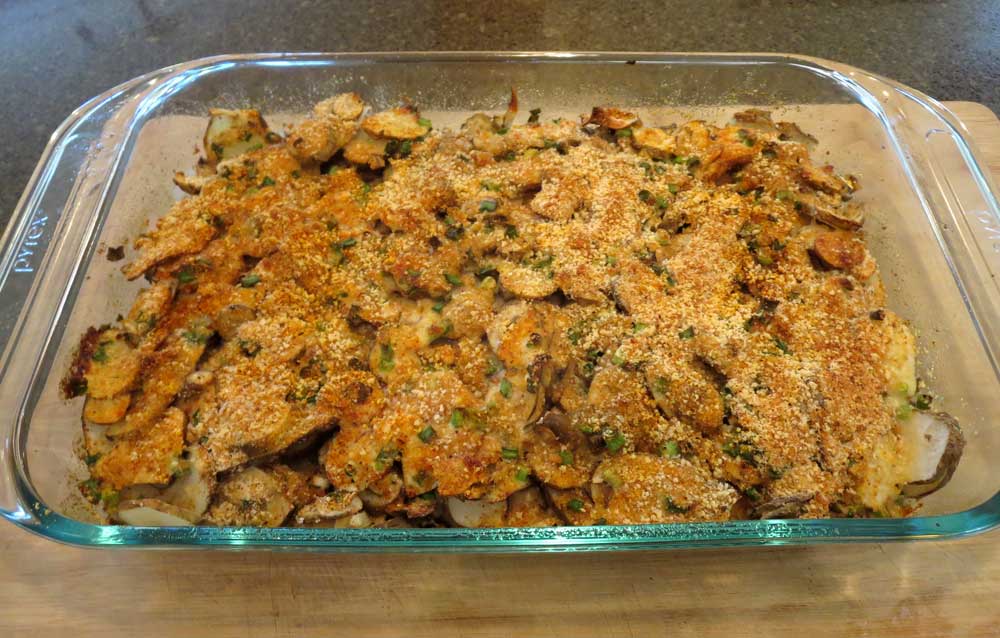
The second discovery happened last year when I chopped a bunch of tubers, dehydrated them, and then ground them into flour. I used it much in the same way that I use acorn flour, mixed roughly 50/50 with all purpose flour. The resultant pastry tasted good and gave us no issues with gas. The only drawback was that the pastry crust tended to be a little crumbly.
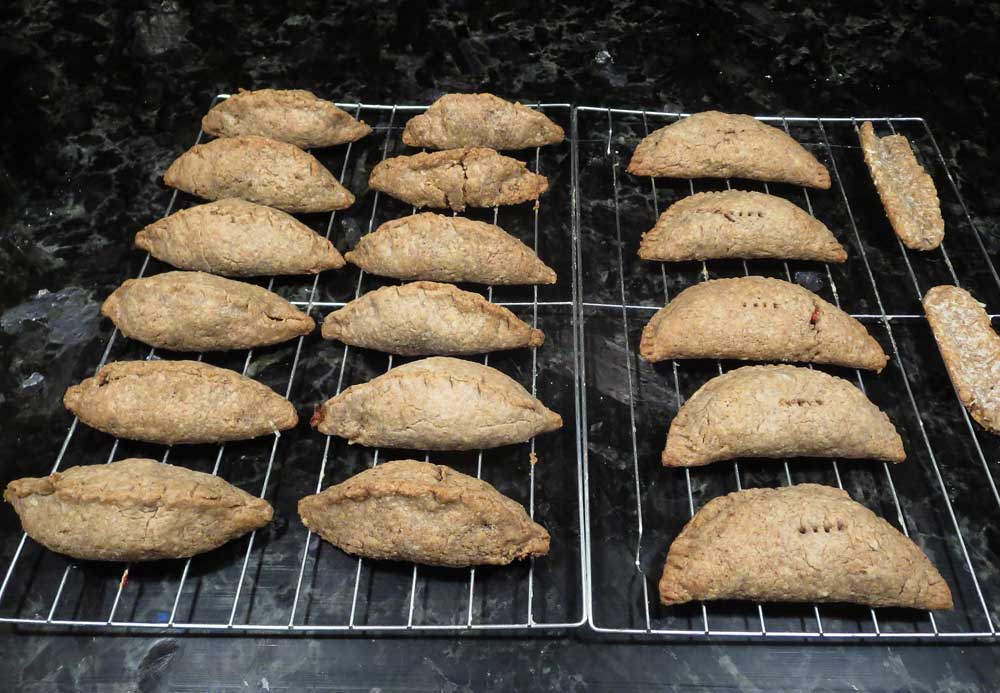
The other day, I decided to make some sun choke meat pies, in the tradition of Cornish pasties (one of my all time favorite hand foods). My wife and I had some for dinner, and once again survived the experience fart-free. I’ve eaten them several times since with similar results.
Paul Tappenden is the Rockland Forager. He leads identification walks once a month in our area. See regularly updated blogs, videos, events, and what he and other foragers, herbalists, and naturalists are up to at www.suburbanforagers.com.


